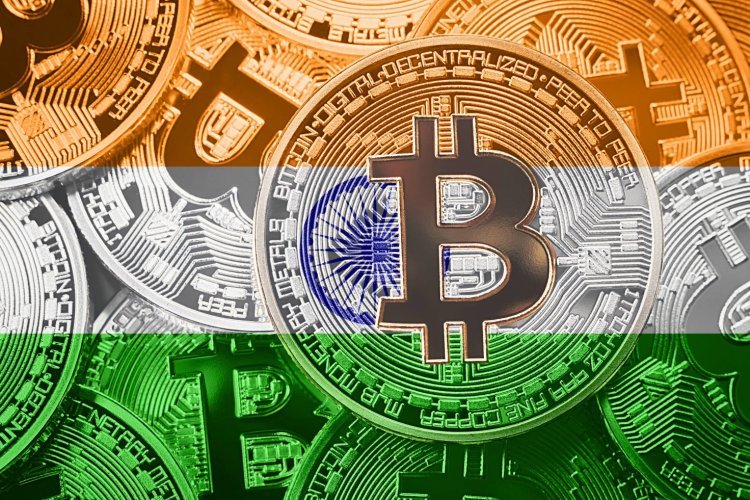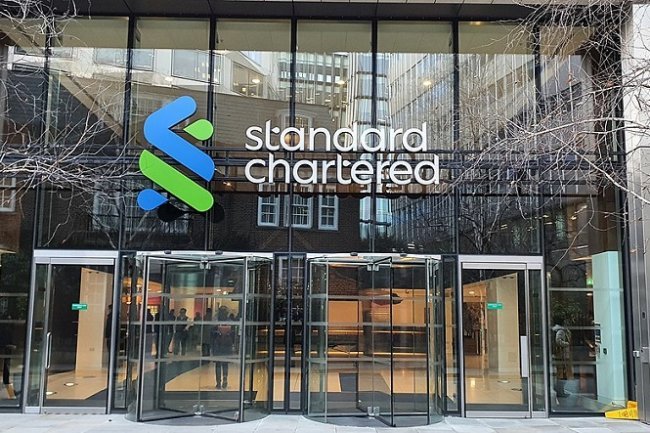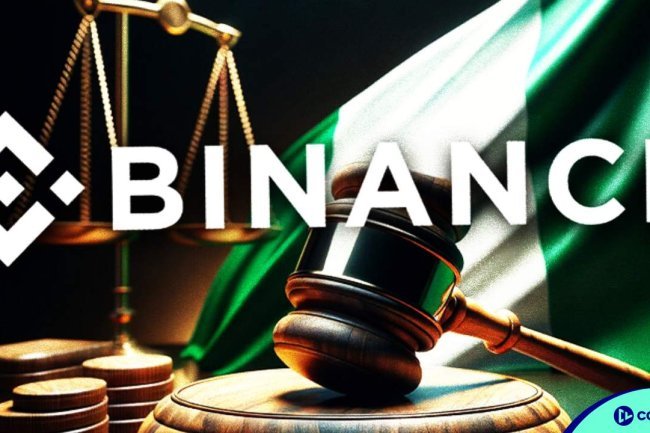India's Central Bank Governor Warns That Cryptocurrency Could Undermine Economic Policy Tools
Shaktikanta Das, the Governor of the Reserve Bank of India, has warned that cryptocurrencies could destabilize financial systems and undermine the central bank's monetary policy tools. Speaking at the Peterson Institute for International Economics during Macro Week 2024, Das highlighted the risks associated with privately issued digital currencies that mimic currency features. India maintains a cautious approach to cryptocurrencies, having imposed a 30% tax on earnings while exploring a Central Bank Digital Currency to uphold economic integrity. Das advocates for international cooperation to address the cross-border challenges posed by cryptocurrencies.

India's Central Bank Governor Warns That Cryptocurrency Could Undermine Economic Policy Tools
Shaktikanta Das, the Governor of India's central bank, the Reserve Bank of India (RBI), has expressed deep concerns regarding the potential risks posed by cryptocurrencies to the stability of financial systems. Speaking at the Peterson Institute for International Economics during the Macro Week 2024, Das outlined the RBI's cautious stance towards digital currencies, emphasizing the challenges they present to traditional economic policies.
In his address, Das reflected on the origins of cryptocurrencies, noting that they were designed to bypass conventional financial systems. He raised a fundamental question regarding the acceptance of privately issued cryptocurrencies that could exhibit all the characteristics of currency. He emphasized that issuing currency is a sovereign function, and the proliferation of cryptocurrencies might lead to significant portions of the economy operating outside the control of central banks. This development could result in monetary instability, he warned.
Das elaborated on the specific risks associated with cryptocurrencies, particularly their potential to undermine the RBI's ability to manage the money supply. This function is critical for controlling inflation and regulating economic cycles. He posed a critical inquiry: “If the central bank loses control of the money supply in the economy… how does the bank check liquidity available in the system?” His concerns highlight the potential chaos that could ensue in financial and monetary systems if cryptocurrencies were to gain widespread acceptance.
India's Cautious Approach to Cryptocurrency Regulation
India has adopted a conservative and regulated approach towards cryptocurrencies. Initially, the government imposed a ban preventing banks from dealing in digital assets, although this restriction was later lifted. Despite this shift, the nation's overall stance on cryptocurrencies remains cautious. Recently, Finance Minister Nirmala Sitharaman introduced a 30% tax on cryptocurrency earnings, with no deductions permitted. This tax indicates a regulatory shift that acknowledges cryptocurrencies within India's financial framework while maintaining stringent oversight.
Governor Das has often questioned the intrinsic value of digital assets, suggesting they could be part of a speculative bubble. His skepticism remains unchanged despite international developments, such as the US Securities and Exchange Commission's (SEC) approval of Bitcoin exchange-traded funds (ETFs).
However, Das has not completely dismissed the idea of digital currencies. The RBI is actively exploring the introduction of a Central Bank Digital Currency (CBDC), known as the digital rupee, which would operate under the RBI's control. This initiative aims to uphold the integrity of monetary policy while providing a regulated alternative to private cryptocurrencies.
Das has also called for enhanced international coordination, given the cross-border nature of cryptocurrencies. He envisions a global consensus and potential regulatory frameworks to comprehensively mitigate the risks associated with digital assets.
Click Here to Visit
What's Your Reaction?
















